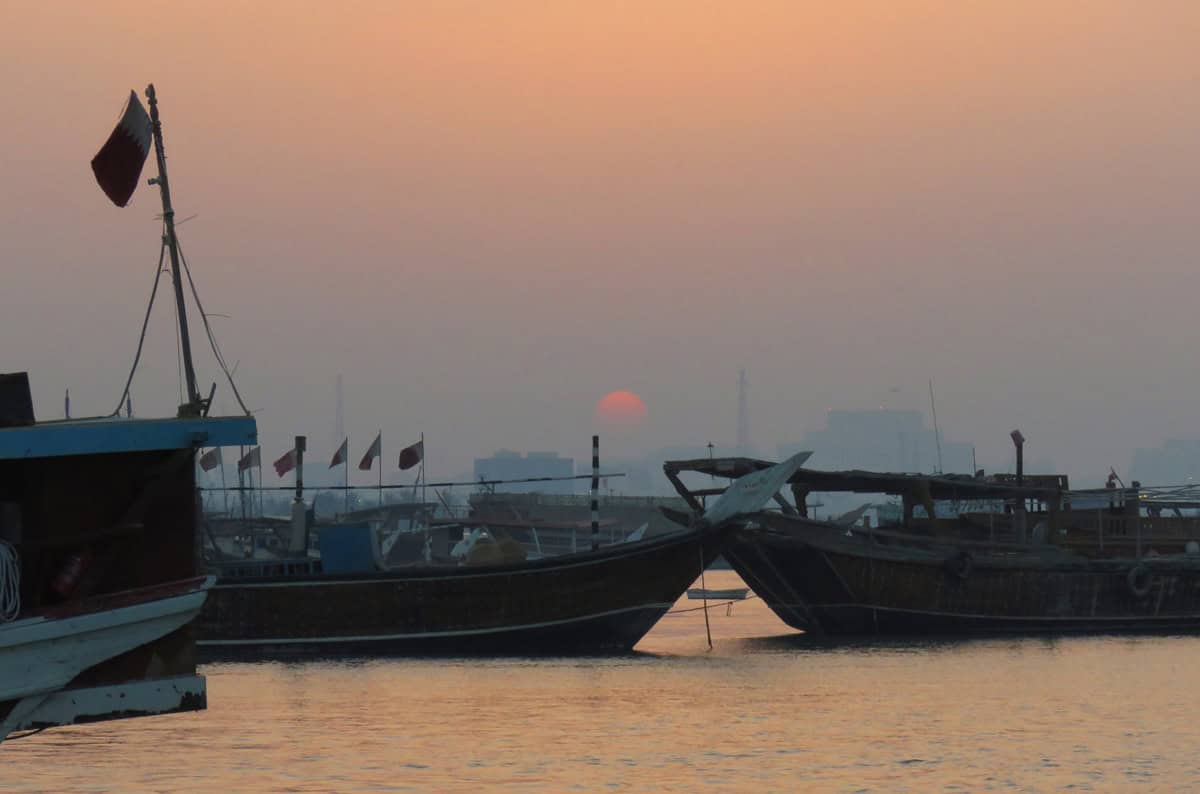
9 pieces of Advice for those thinking of living a Nomadic Lifestyle
We travelled full-time for 6 years between 2014 – 2020. We mostly got everything right during that time, with a few exceptions (including one particularly big one).
In this post I’ll cover 9 pieces of Advice for those thinking of living a Nomadic Lifestyle: things we did right and that others could benefit from, things that we really wish we could go back in time and change, and things you might not expect and that you should be prepared for.
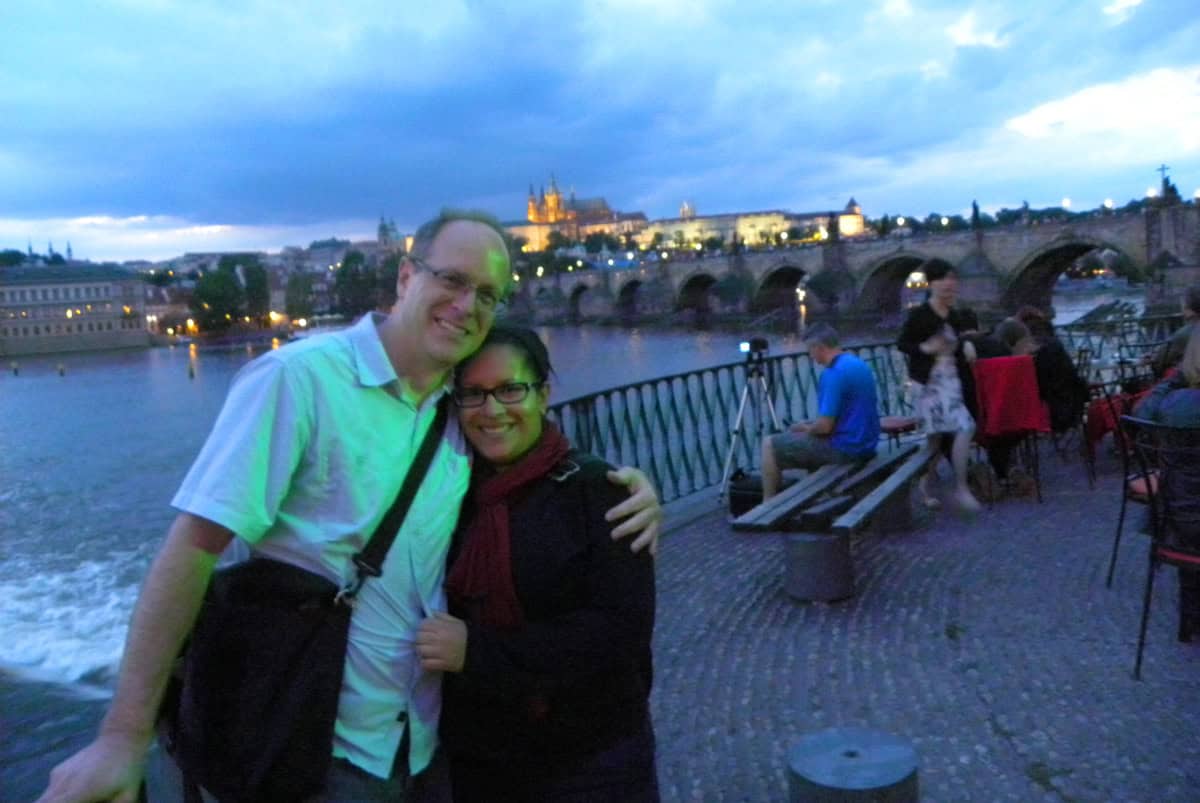
1. Organize your paperwork
I’ve always said it – there’s nothing hard about travelling full-time. The travel part is the easy part.
The hardest parts are all the things you need to organize back home, not just for yourself, but for your bank(s), your taxes, your insurance company, etc. The “system” is not set up for nomadic travellers.
The goal, administratively, is to keep everything “as is” as much as possible when you leave. You want to fly under the radar and make it look like you’ve never left the country. Because if institutions find out you’re a “non-resident”, they’ll make your life complicated. We learned that the hard way.
I’ll give you a few examples:
Insurance: I rented out my condo when we set out, getting renter’s insurance in the process (which was a requirement of the condo committee). The insurance company had no issues initially when I told them we were going to rent out the apartment while we ourselves were going to be travelling. But after year 2 they started asking us for a Canadian address. I fought back and prevailed. But after year 3 they told us that without a Canadian address they would not renew. It didn’t make sense to me. I need the insurance because I’m travelling and I want to rent out my condo. But no problem giving me the insurance if I’m living somewhere in Canada? Why? Luckily, year 3 happened when I was considering selling the condo and that helped me with the decision (more on that below).
Taxes on disposition of property: I decided to sell my condo and had to come back to Canada to get it all finalized. It was when the notary asked me “where are you living?” that I screwed up (I told them that we didn’t have a fixed address in Canada, we were travelling). Big screw up. I received a notice from them telling me that since I was a non-resident the proceeds from the sale would be frozen and that I would have to get certificates of disposition from Federal and provincial governments. WTF?? Thankfully I had a very good tax accountant and he straightened it all out that same day. There’s a difference between being a “non-resident” and being a “non-tax resident” – I was still a Canadian tax resident so the notary was just giving me a hard time without knowing all the facts. Still it gave me a scare and I was thankful for my tax accountant. On that note however: find out the rules where you are about selling property. I’ve had American friends tell me they were basically forced to sell their home before they wanted to – all because of Capital Gain rules applicable to people deemed non-residents after 3 years overseas.
Banking. It was a simple question asked over the telephone when I called them to switch around a few of my investments “Where are you calling from?”. We were in the Czech Republic at the time. “I’m sorry, we can’t do the transactions for your when you are outside Canada”. Luckily I had a good Financial Advisor at the same bank and, after a bit of back and forth, he did the transactions on my behalf. But again, if I didn’t have him I would have been stuck.
We knew an American couple who had a worse story – Citibank got wind that they were travelling and “non-resident”. They told them they could no longer do business with them, closed their accounts and wrote them a cheque for the money they had invested. It led them to moving back to the US. I’m sure they could have made arrangements prior to setting out as nomads but, like us, they probably didn’t realize that banks could/would do this.
More: The absolute worst thing about being a full time traveller
We started our nomadic travels in 2014 and there are a lot more resources available now than they were then. But here are a few things I would tell people to do knowing what I know now:
- Have a fixed address in your home country, it’s the single most important thing. Preferably family. Besides being useful for banks, government etc, you’ll have someone you trust receiving your mail. These days you can pay for a virtual address and have mail sent to you wherever you are, but a home address where family lives is even better.
- Get a telephone number from your home country so that if you call your bank or insurance company they don’t realize you’re overseas. In recent years, because of transaction verifications on banking transactions, we got ourselves a Canadian telephone number (with Fongo). Works great.
- Have a good tax accountant and establish good relations with someone at your bank. I can’t tell you how many times they’ve bailed me out. I actually have both my Accountant and Financial Advisor as Guarantors for when I need to get our passports updated. I might be cheap for certain things – but I’m never cheap when it comes to getting professionals to take care of my business.
There are so many other things:
Health Insurance. In Canada we lose our health coverage if out of the country for a certain amount of time (despite continuing to pay taxes). We needed to get Expat health insurance (which we did with Allianz).
Backup all your documents. You never know when you’ll need this or that.
Get Wills.
The above only covers documentation. Think about everything you’ll have to arrange for your belongings, house etc. Think of everything that you do and plan how you’ll do the same from overseas when you leave the country.
Really, I think we started the process of “getting ready to leave” about 2 years before we actually left. It makes you realize just how complicated life is.
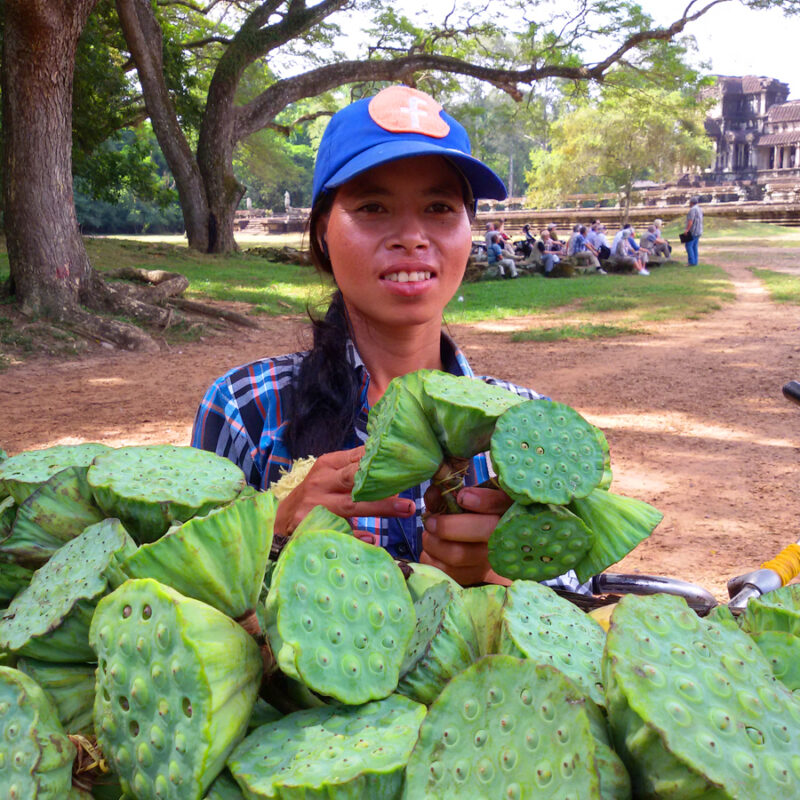

2. Get Rid of “Stuff”
When we first set out to have a Nomadic Lifestyle we weren’t sure how long we would do it. We knew we wanted to do it but were unsure how it would go.
So we dipped one foot in I guess you could say: we rented out the condo and put all our stuff in storage. Everything was there if we decided to come back.
After 3 years of travelling we knew we would never come back to Canada. We loved our new lifestyles and had just decided to make Split (Croatia) our home for a bit. We decided that we’d ship all our stuff that was in storage in Montreal to Split.
That’s what we did. Then, a year later, when we left Split, we put it all back in storage to start travelling again…then in 2020, we had it all trucked to Spain…
It was all one huge, stupid mistake. The initial idea of storing it those first 3 years was maybe not so bad. We weren’t sure if Nomadic life would suit us. But when we decided to leave Canada we should have gotten rid of everything. The problem is that we had so many nice things, art from Africa, furniture from Thailand and Morocco…we felt we couldn’t get rid of it. So we just kept doubling down and doubling down on our mistake, spending money on storage and transportation. I should have remember my lessons on sunk cost from Accounting 101: “A sunk cost is an expense that cannot be recovered. These types of costs should be excluded from decision-making”.
Stupid, stupid, stupid.
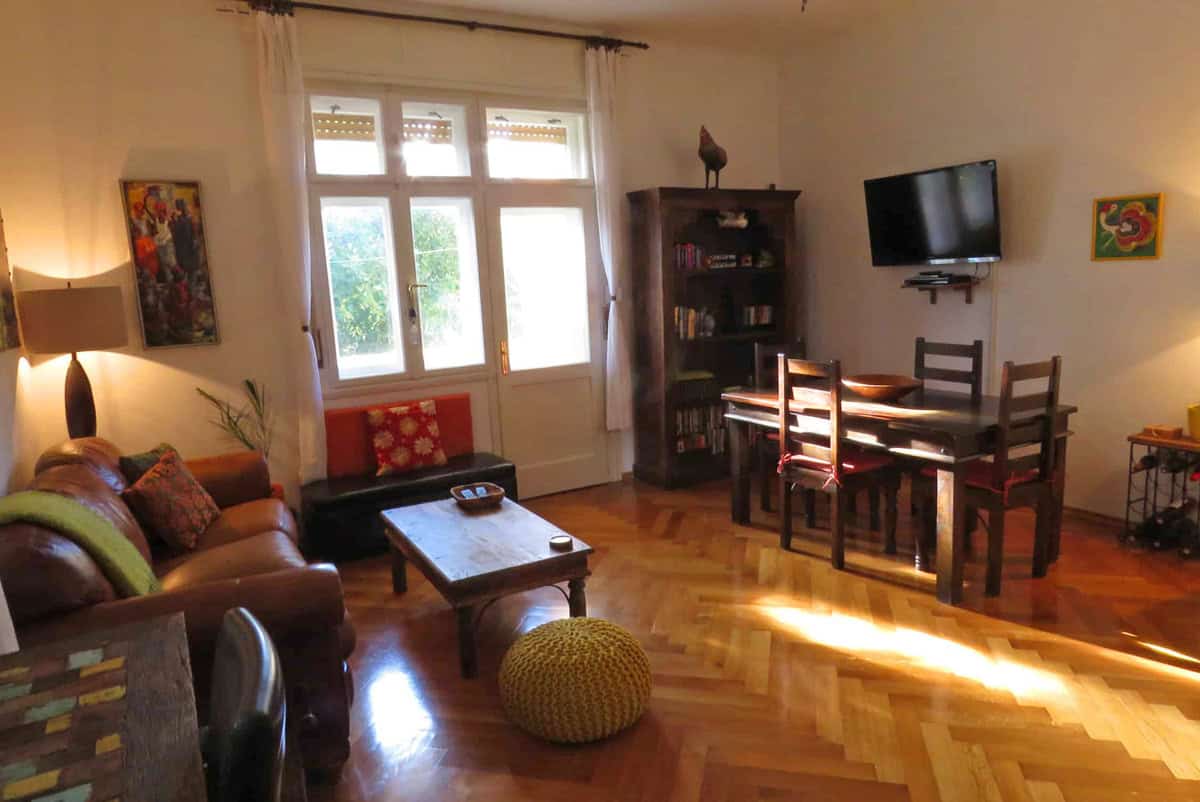
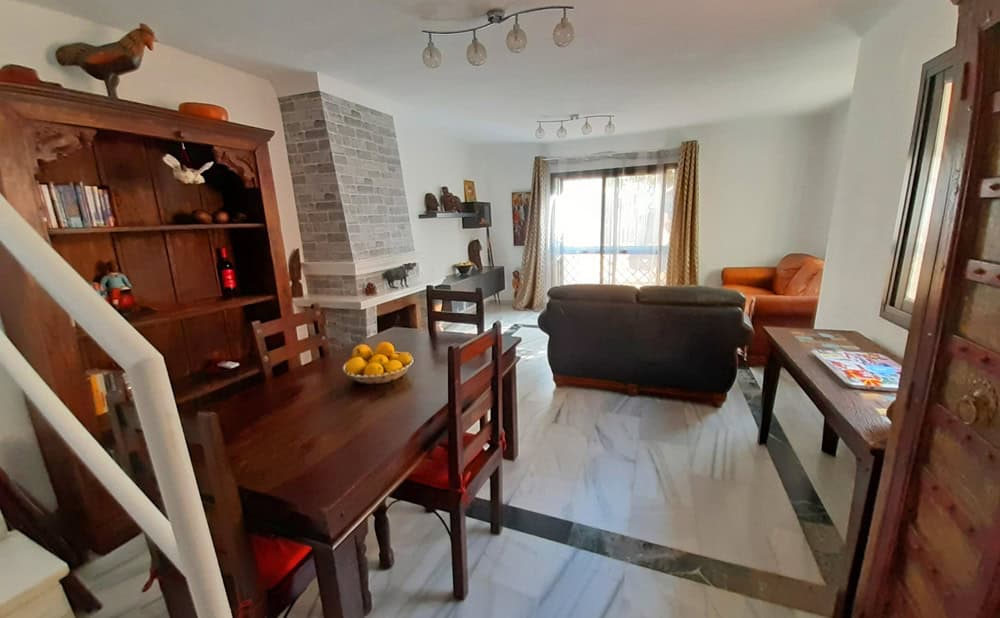
2 years ago, here in Spain, we got rid of everything. We are currently living in Granada in a furnished apartment with none of our original stuff. We miss absolutely none of it.
I know it’s difficult, but you have to get rid of your stuff. When we finally did, we felt a weight lifted off our shoulders. We are now officially “minimalists”, everything we own can fit in 2 carry-on suitcases and 2 backpacks. And it feels great.
Not getting rid of all our stuff was the biggest mistake we’ve made. Not just because it was expensive, but also because it was a factor in other decisions we’ve made down the line.
Having been there, I get that it’s hard to get rid of stuff that means a lot to you. But if you really want to be a Nomad, go in with both feet. Get rid of your stuff.

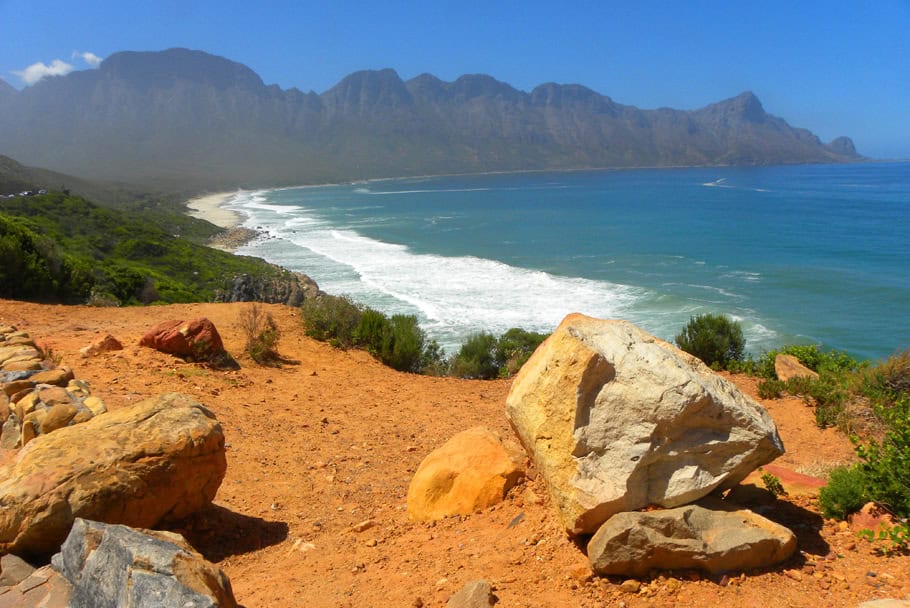
3. Don’t Pre-plan everything
We’ve met a lot of other Nomadic travellers over the years and we’ve been surprised by the number of people who told us that they’ve planned everything out for the next year to 18 months. Everything. They’ve booked apartments, they’ve booked flights…
That’s crazy to us.
The whole point, to us, of having a Nomadic Lifestyle is to have Freedom and Flexibility. We love that we would be somewhere (example Prague) and, on a whim, decide that we’d spent the next month in Brno or Krakow…or that we wanted to go to South Africa or Japan. For us that was exciting.
But it was also safe. During our 6 years of travel we were always careful with our finances. If the markets were good and we were happy with our financial position, we’d go somewhere that we always dreamed of going (like South Africa for 3 months. Still my highlight). If our investments were down and we felt we were spending too much money, we’d go to Southeast Asia, Czech Republic or Ukraine for 3 months.
Flexibility allowed us to adjust to other types of circumstances. We always wanted to go to Turkey but switched our plans a few times because of terrorist activity. We finally ended up going to Turkey in 2019 when things had stabilized.
Like I said, sometimes we’d be somewhere for a month and didn’t even know where we would be the following month. But we loved that spontaneity and flexibility.
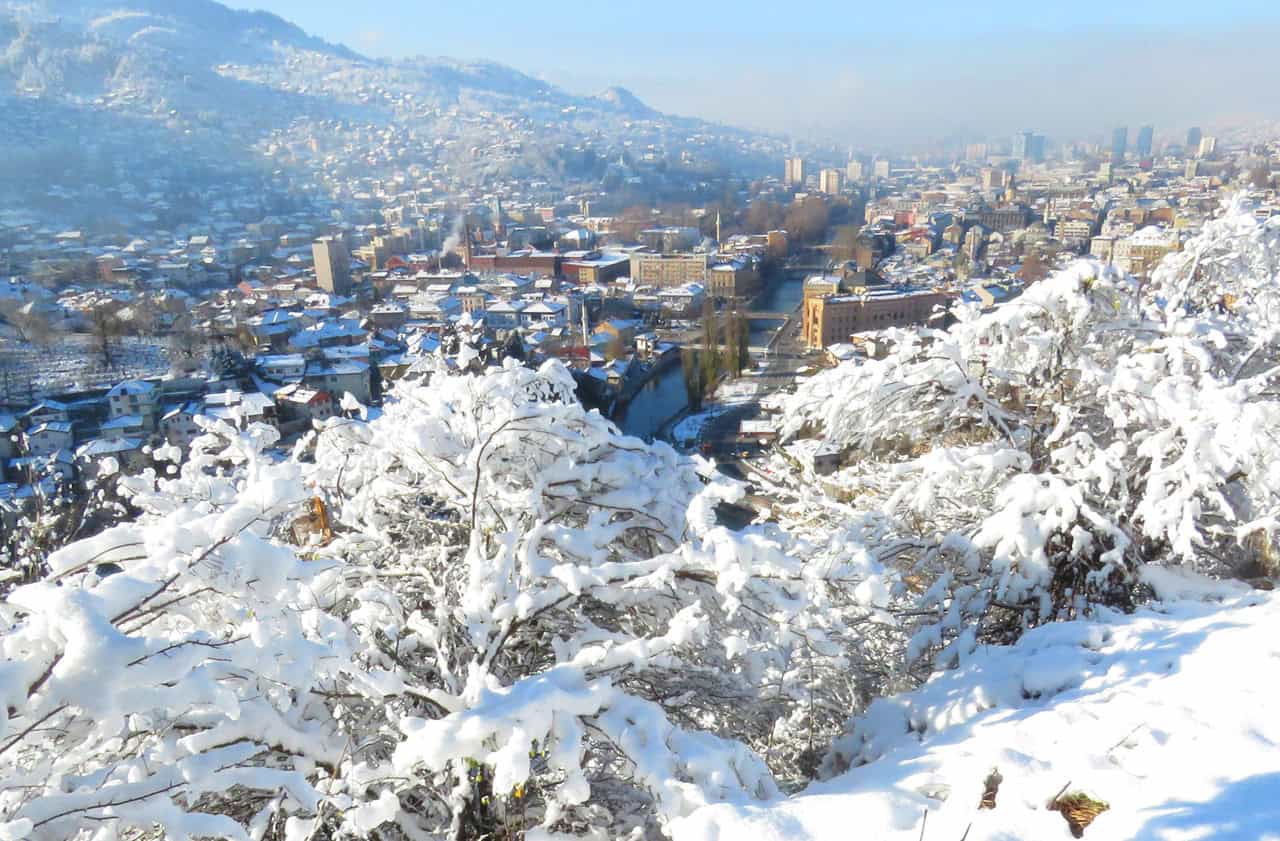
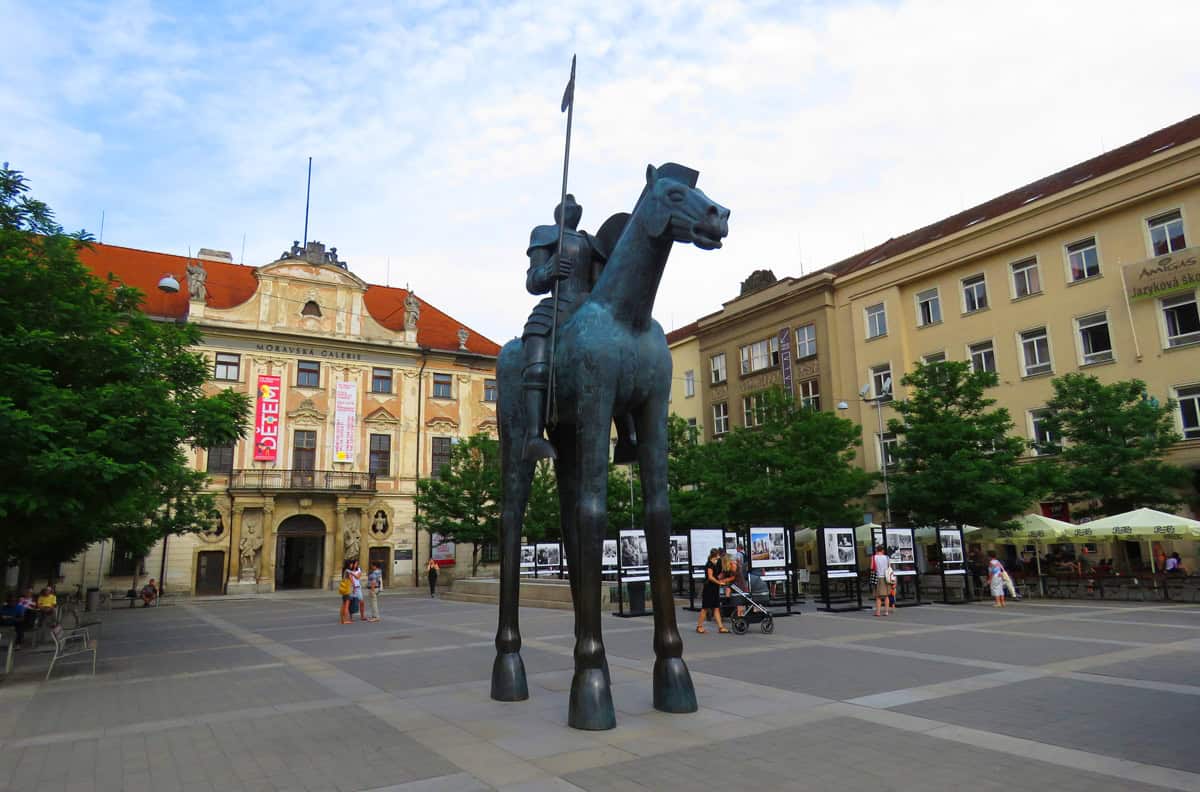
4. Slow Travel
Our thing was “slow” travel – staying somewhere for a month or two. Part of that is obvious: staying in Airbnb’s, you save a lot of money renting an apartment for a month. I’d say it’s one of the best ways to keep your costs down while travelling full-time (even better is housesitting, something we’ve never done).
But there are other reasons why you should consider slow travel.
When we started travelling Lissette was still working and, on top of that, still working 9 – 5 Montreal hours. So we needed some stability. We’d rent an apartment with a good-sized working table where she felt comfortable and a kitchen where I would do the cooking.
But slow travel also allowed us to get to know a city properly and join a gym. Joining a gym in most places we went was always a great way of meeting locals and always made us feel part of a community. Lots of great memories.
I’d really recommend the Slow Travel lifestyle for people looking to travel sustainably: for us it meant not burning out (travel can be exhausting) and also meant being able to travel affordably (I cover this topic below).
More: What is Slow Travel? And why it’s how we travel
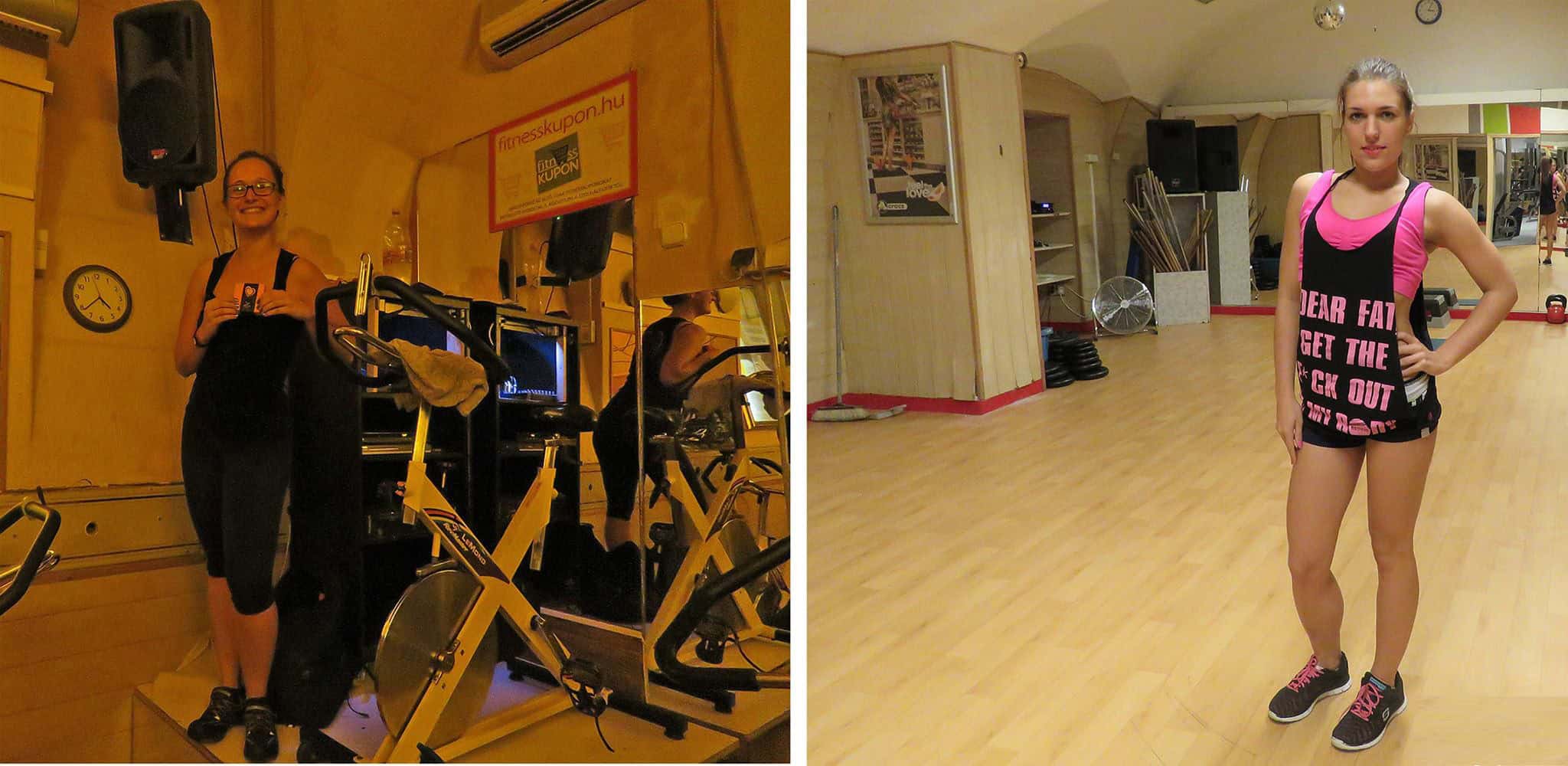
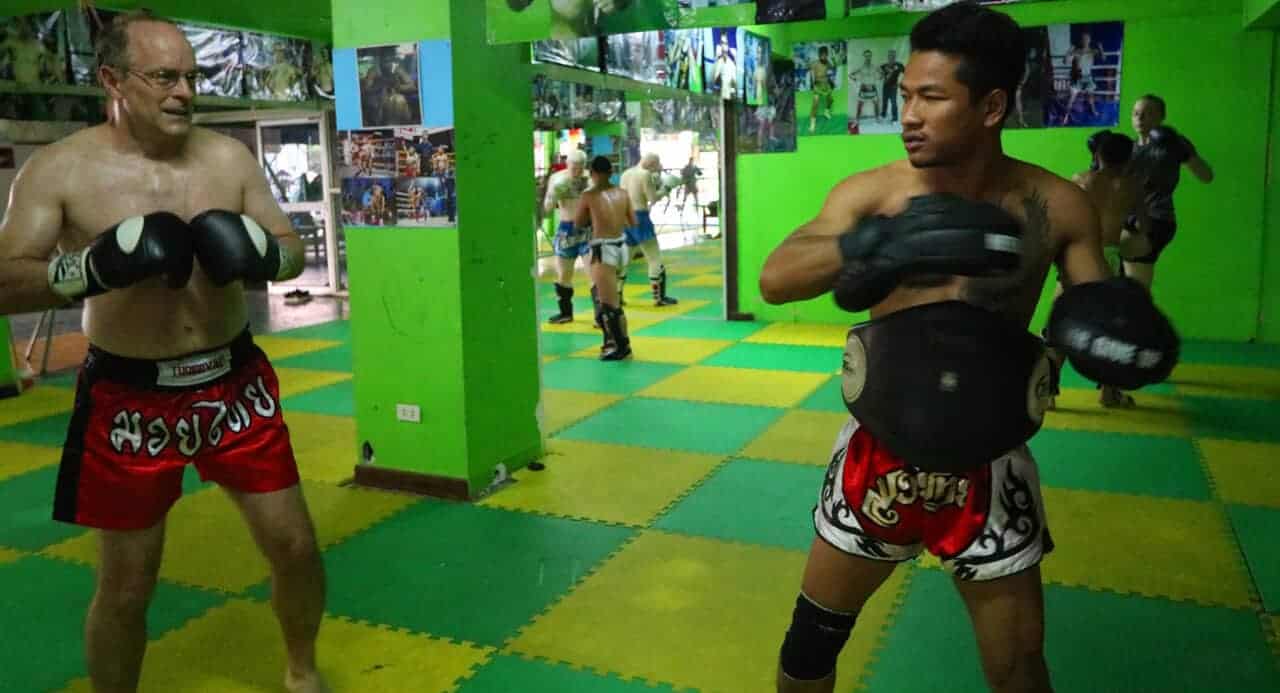
5. Nomadic Life doesn’t have to be expensive
I’ve mentioned it a few times: you don’t have to be a millionaire to travel full-time. In fact, our cost of living was less than it was when we lived in Montreal. And those first few years of travel, where Lissette was working remotely and I was renting out my condo, we saved a huge amount of money by making North American income while living in inexpensive places like Eastern Europe or Southeast Asia.
How to keep costs down? It was mostly through slow travel, regional travel, cooking at home, choosing places that had an affordable cost of living, and being flexible (as mentioned above).
There are many ways of travelling full-time and it can be incredibly expensive or quite inexpensive. Really it depends on your budget, your timeline and what you want from Nomadic life.
Much more on this topic here: How much does it cost to have a nomadic lifestyle?
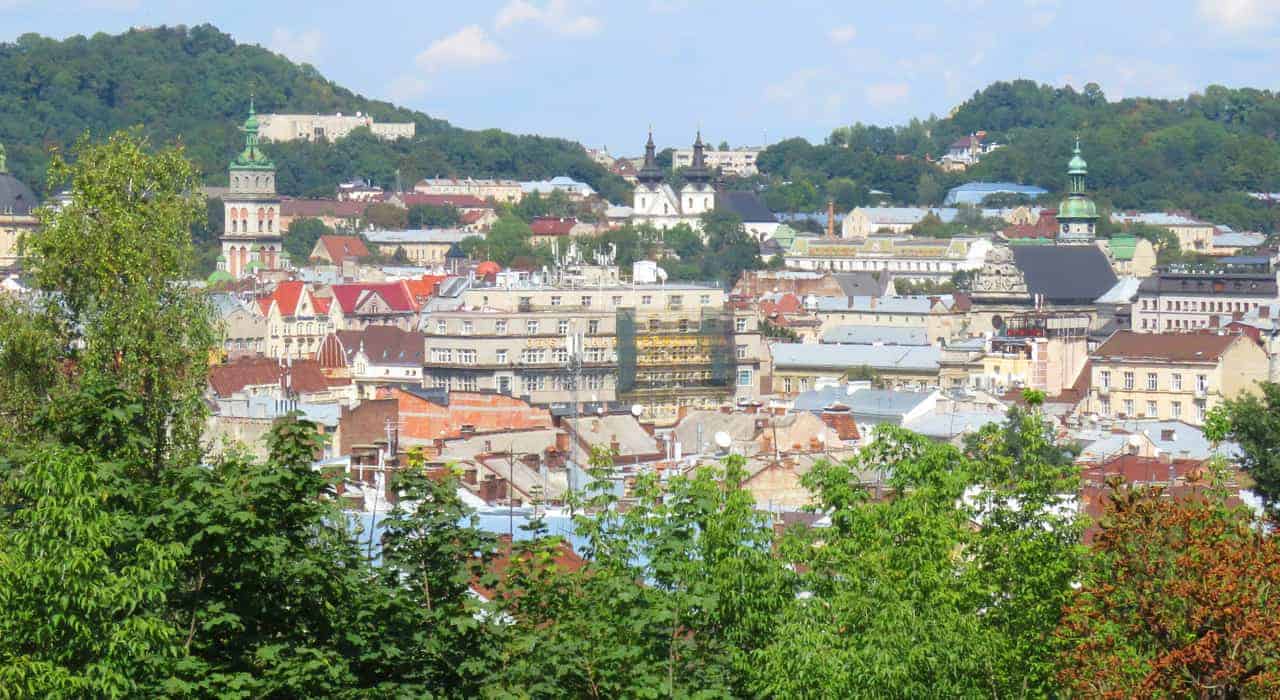
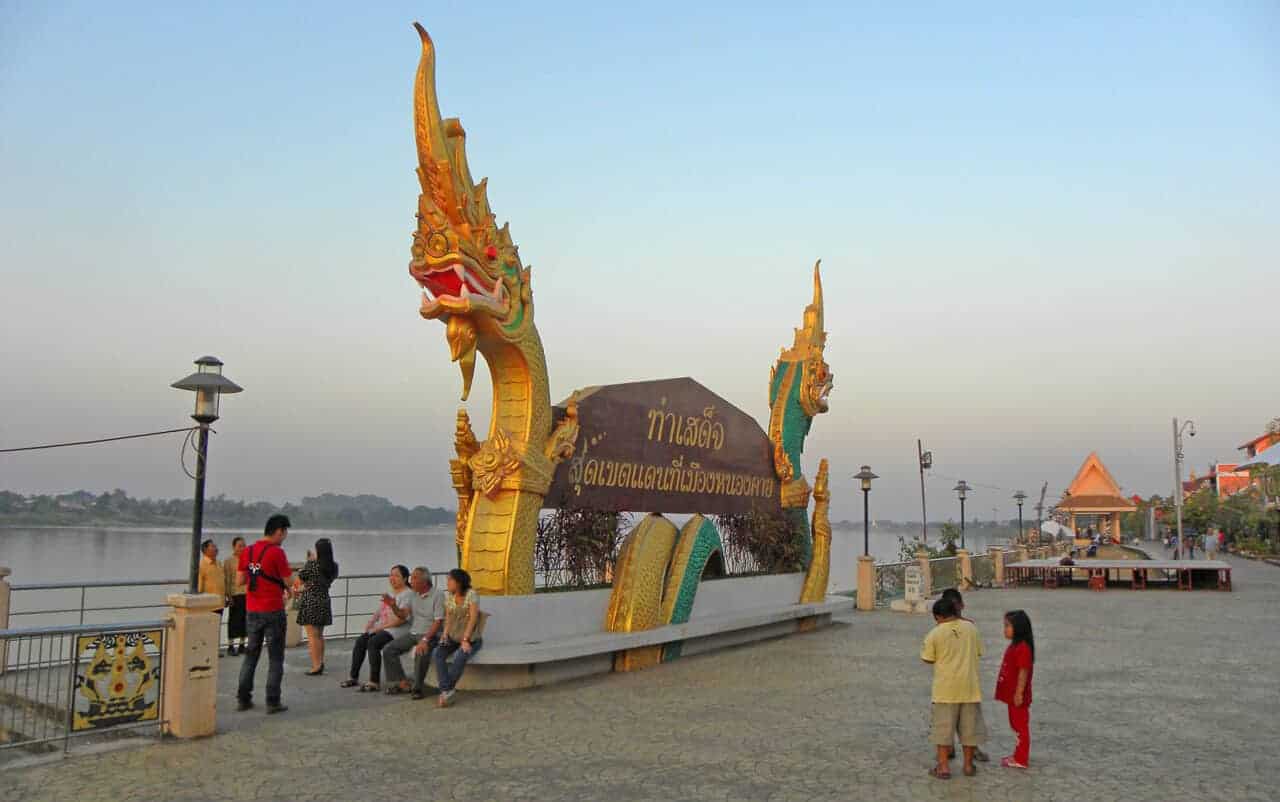
6. You’ll lose Friends and Family
I’m warning you – you’ll lose friends and possibly family if choosing to live a Nomadic Lifestyle.
There might be people who react negatively when you tell them that you’ll be leaving to travel the world. They might think it’s stupid. Others might be jealous. Some of these people might fall off your list of friends very quickly after leaving. Some friends, on the other hand, might be excited for you and you might hear from them more than you ever used to in the beginning stages of your travels.
But most friends are lost as you continue travelling year after year. You don’t see each other, emails get less frequent, you might find you have less in common without the bond of work and ordinary life. When you go back for a visit, you might feel that “that” connection is no longer there.
For us it’s been 10 years since we left Canada and I have to admit that the last time we had contact with any friends was probably 2 years ago. We haven’t been there with people, sharing their times of happiness and sadness. People move on with their lives. We sometimes feel regret and a touch of guilt. Maybe we could have done things better?
But the fact is that if you’re leaving your old life behind, you’ll end up losing some of the people you were close to.
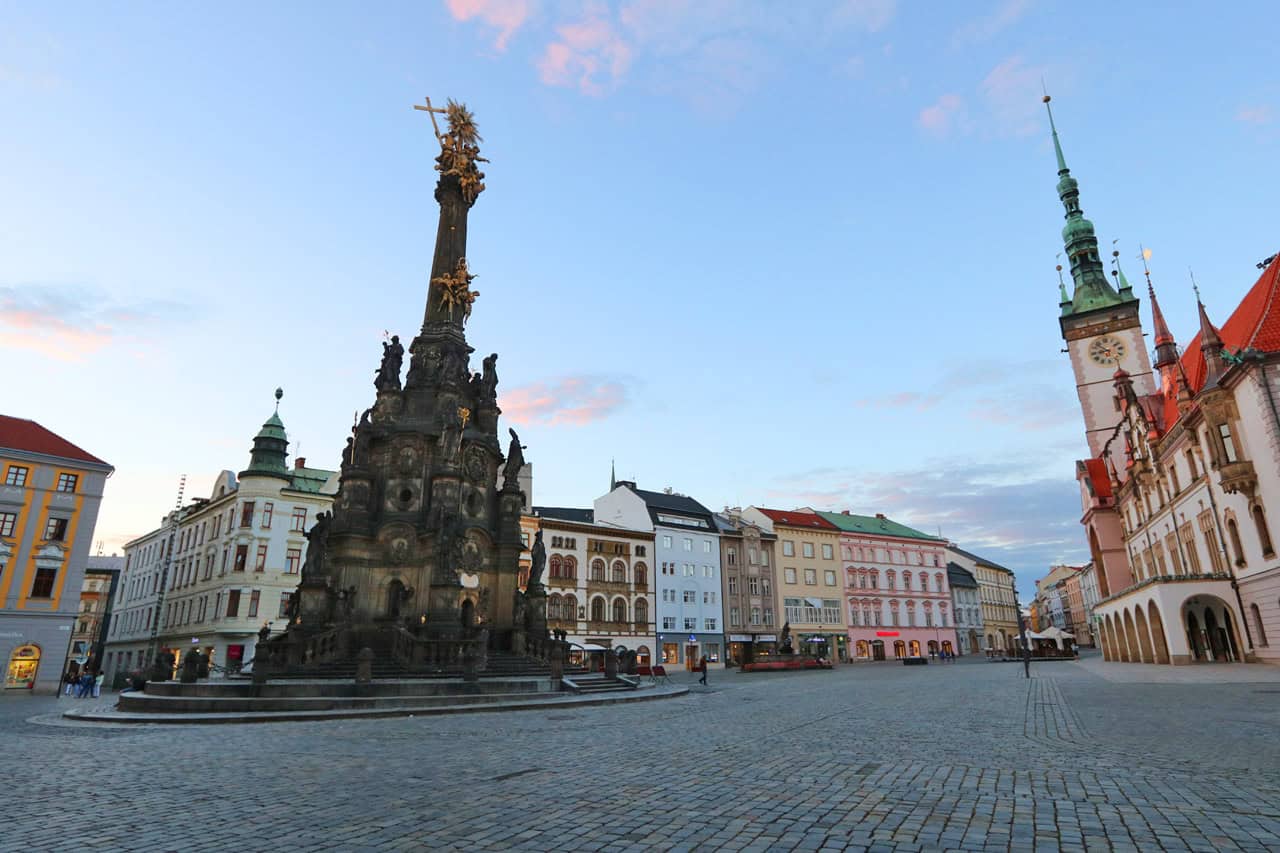
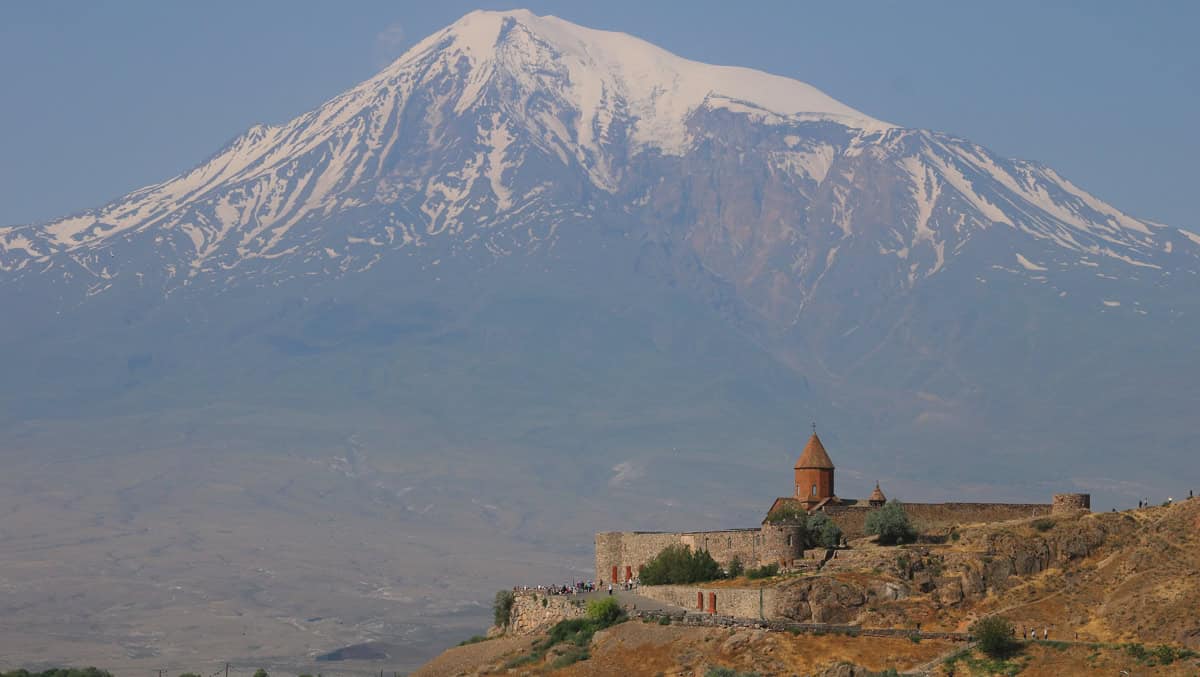
7. You need a few regular places to come back to
If you’ve travelled full-time for 6 years, you’ll need some timeouts in places you like. Travel is tiring, possibly more mentally than physically. Sometimes you just want to go back to places you’ve been, where you have a favorite apartment or neighbourhood or gym. A place that’s become a 2nd home and where you can just take a break and relax.
We had 3 regular places that we would always come back to:
Prague. Our first base and a place that would end up being a regular stopover. We loved the neighbourhood of Vinohrady and the apartment that we’d rent from our journalist friend Magdalena. Prague is an exciting city, easy to get around in, with tons of highlights (even outside the touristy center). And it has first-class medical/dental facilities at comparatively good prices: it’s where we would stop to get our yearly dental and medical checkups. We’d also pick up new computers or photography equipment in Prague. Prague is a city that we’ll get back to one day, one of our favorite places anywhere.
Split. A place we fell in love with, so much that we took a break from travelling for a year in 2017 to get temporary residency in Croatia. Stunning history and geography and in the early years that we visited it was still relatively undiscovered. We made Croatian friends and I have great memories of weekend hikes with them.
Lviv. We spent 2 months in Ukraine in 2018 and fell in love with it so much that we came back for 3 more months in 2019. Lviv is for us a smaller version of Prague, a beautiful city with friendly people – and we joined a gym there where everyone was very welcoming. Relaxed place with friendly people and very inexpensive at the time. Summers in Europe are crazy so it made for the ideal base to lay low for a few months.
My point: when you travel full-time you need the closest thing to “home” to refresh before setting off on new adventures.
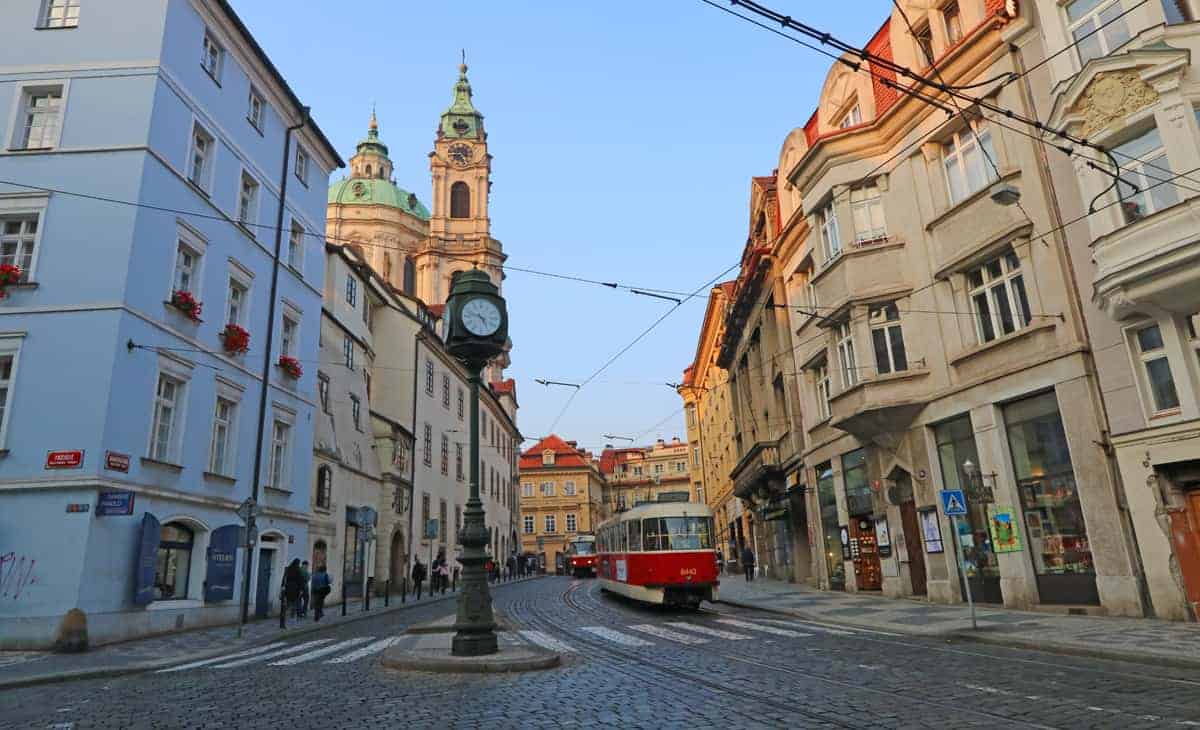
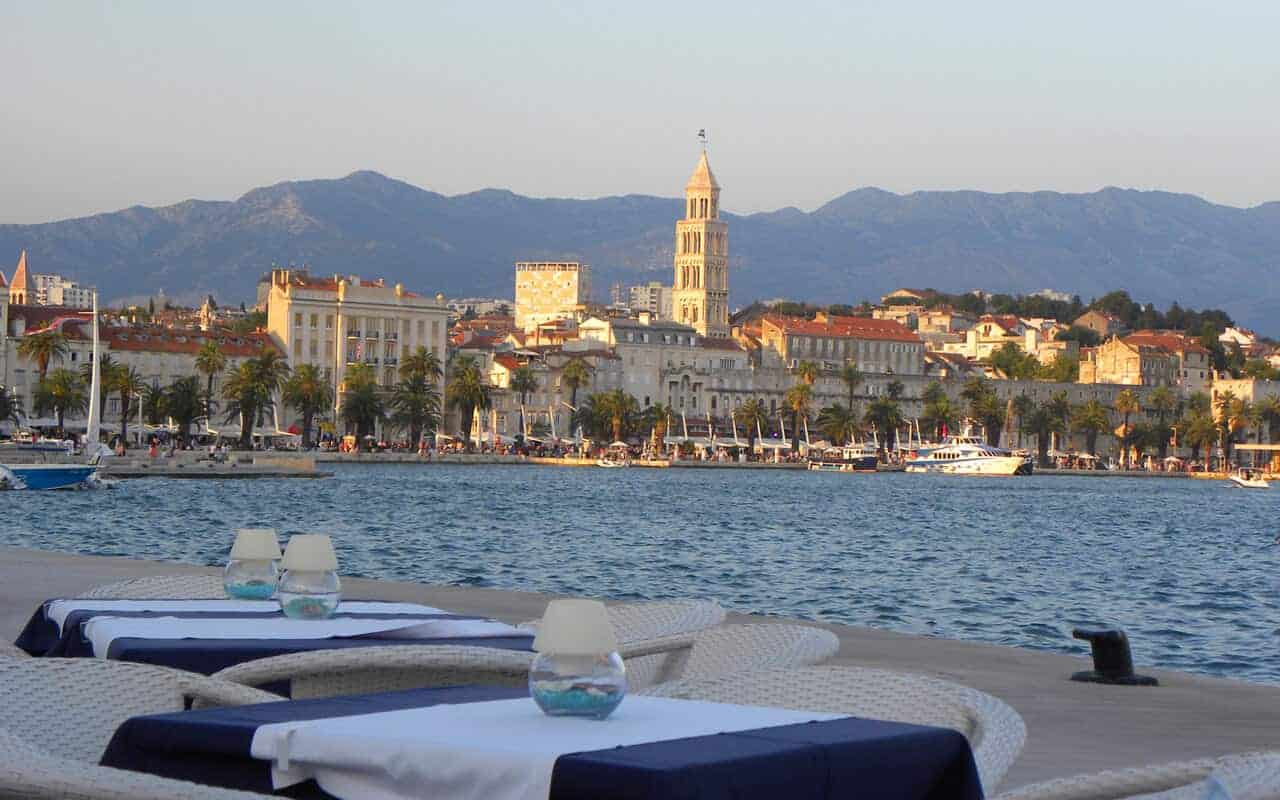
8. Don’t obsess over Safety
I get bored by people always asking “Is XXX safe?”. Most of the time the questions are posed by Americans. Americans are always nervous about other places just because America itself is so dangerous.
Really, unless you walk into a war zone, most places are very safe. We’ve been to Colombia twice, spent 3 months in South Africa, have travelled all over Mexico. 6 years of full-time travel and nothing has ever happened to us. Never had anything stolen, never threatened…nothing.
My post: Is it safe to Travel? The weird and scary from 6 years of full-time travel
Just exercise usual precautions: don’t buy drugs, don’t get drunk in bars in dodgy cities, be confident and assertive and keep your eyes open.
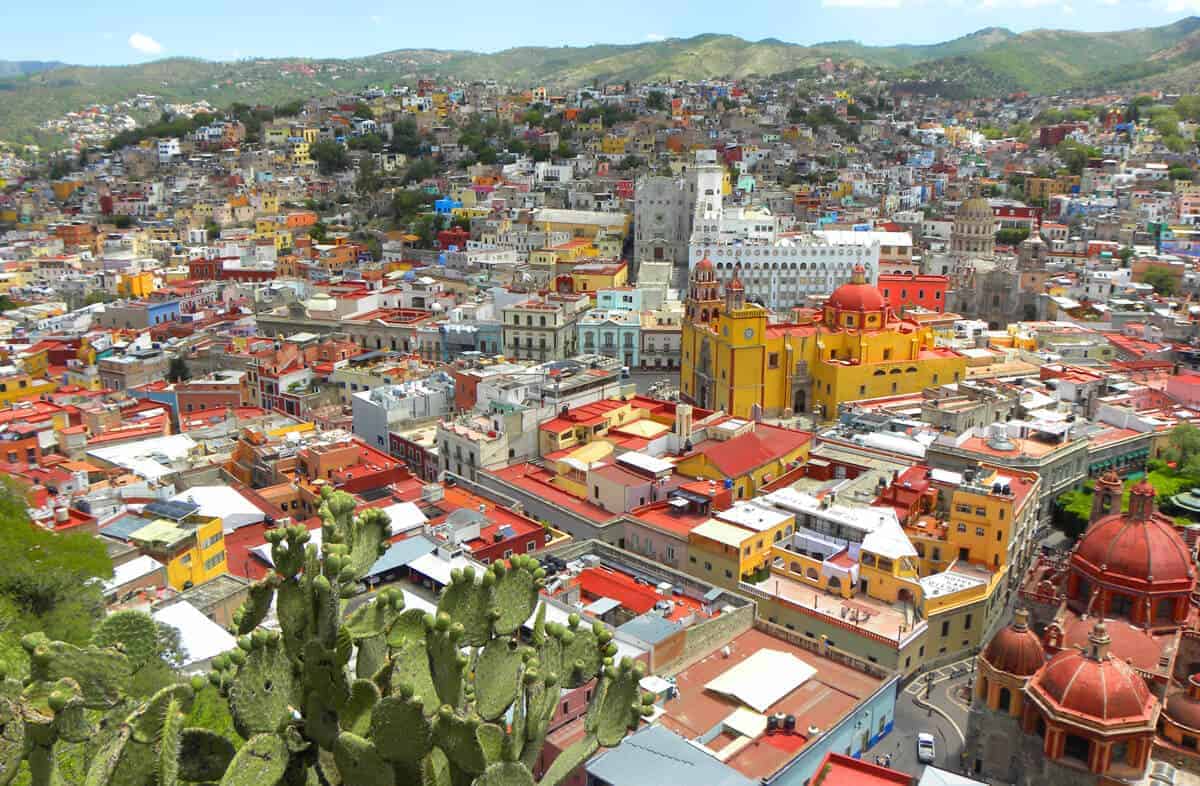
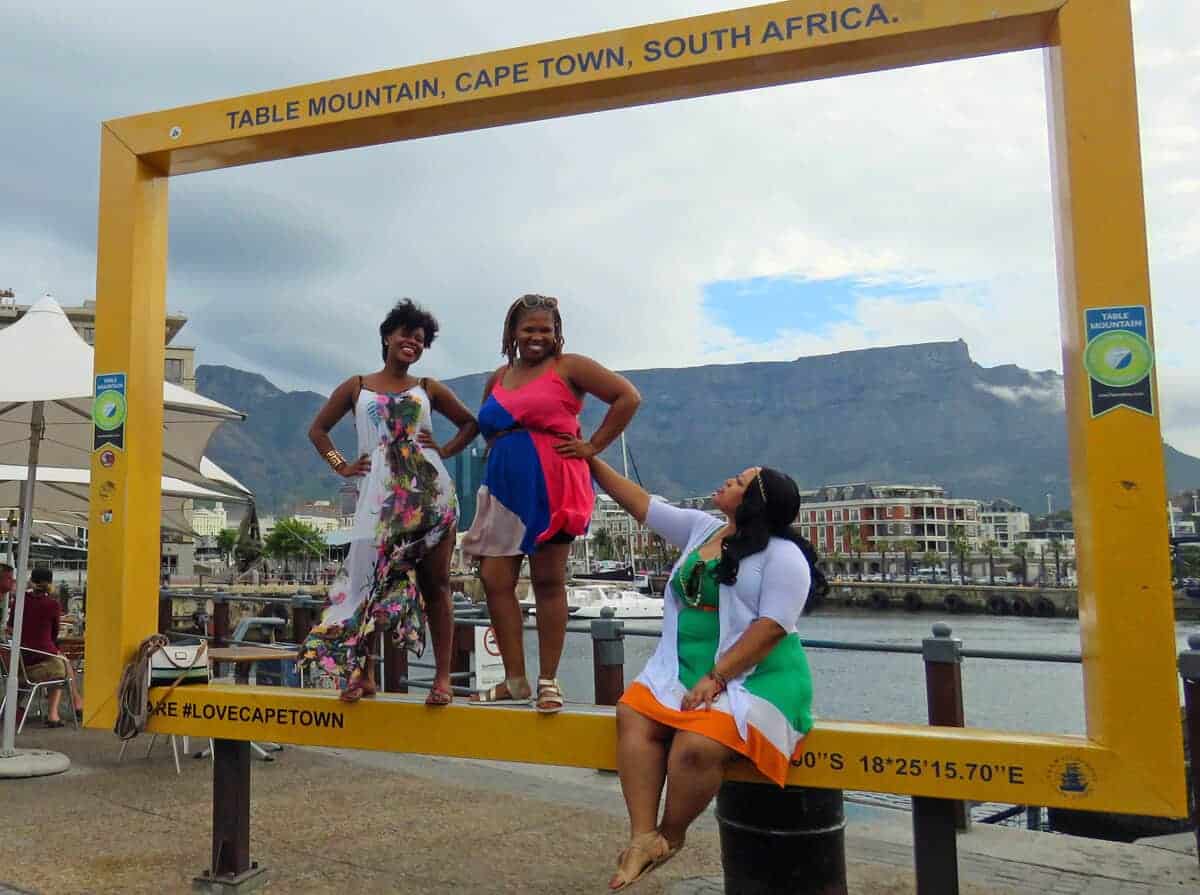
9. Enjoy it because you can’t do it forever….
Full-time travel can be tiring in many ways but mostly mentally and emotionally. At times you miss not having a base: your own bed to come home to, your own art on the walls, living in places that you’re just passing through…
Sometimes you’ll ask yourself “why am I doing this?” Other times you feel happy and light-hearted, walking around a city you’ve only seen in magazines, feeling the freedom you dreamed of when you worked behind the glass walls of your office.
There are lot of highs and lows associated with full-time travel. But it’s never boring and that’s almost addictive. When you don’t have it anymore you miss it.
We stopped full-time travel in early 2020 for one reason: we wanted to get Permanent Residency somewhere in Europe. Longer-term we didn’t want to come back to North America. And we wanted to get our Permanent Residency before we turned 60. That’s why we’ve lived in Spain the last four years. One more year and we’ll have Permanent Residency.
Otherwise we would never have stopped travelling. It was something we enjoyed and I’ll admit we’re both a bit envious when we hear people heading off on their first nomadic adventures.
So my last piece of advice is to always embrace it because you don’t know what the future holds.
Darn, I really wanted to round this up to 10 but hit a blank. What pieces of advice would you give to those thinking of living a Nomadic Lifestyle?
Related: When People tell us that “we’re lucky” to Travel Full-time…
Related: Our Top “Travel Experiences” over the last 10 years
Related: Leaving your country…can you ever go back?


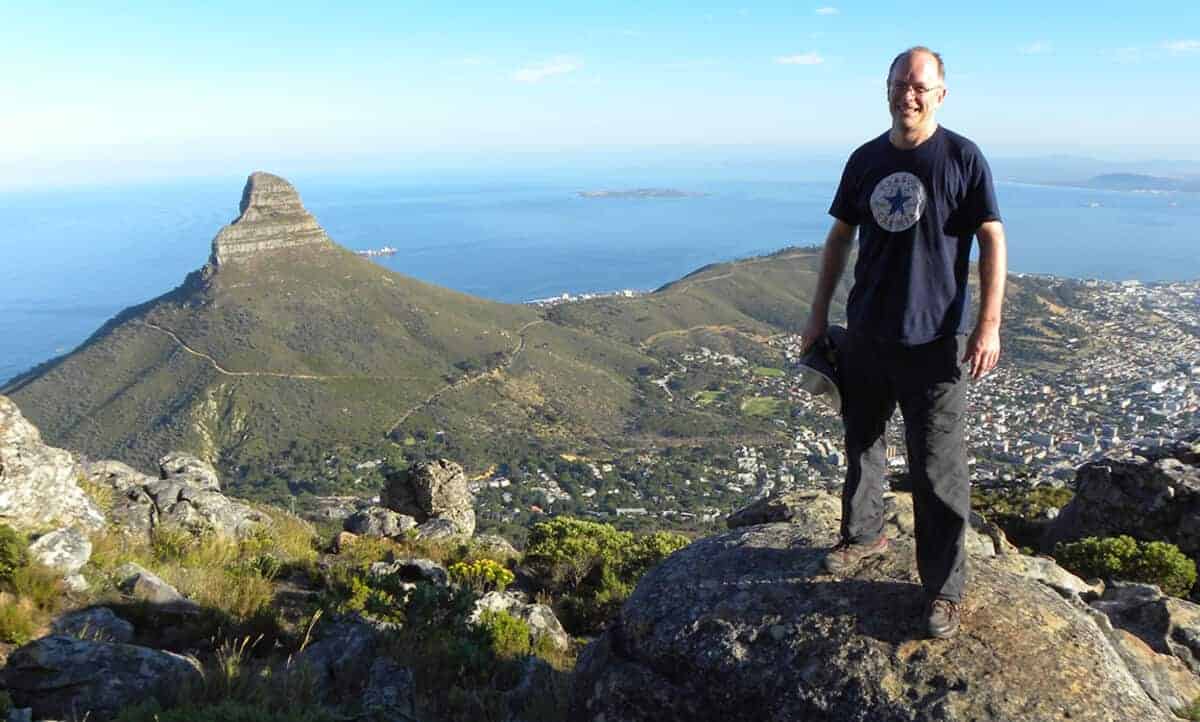
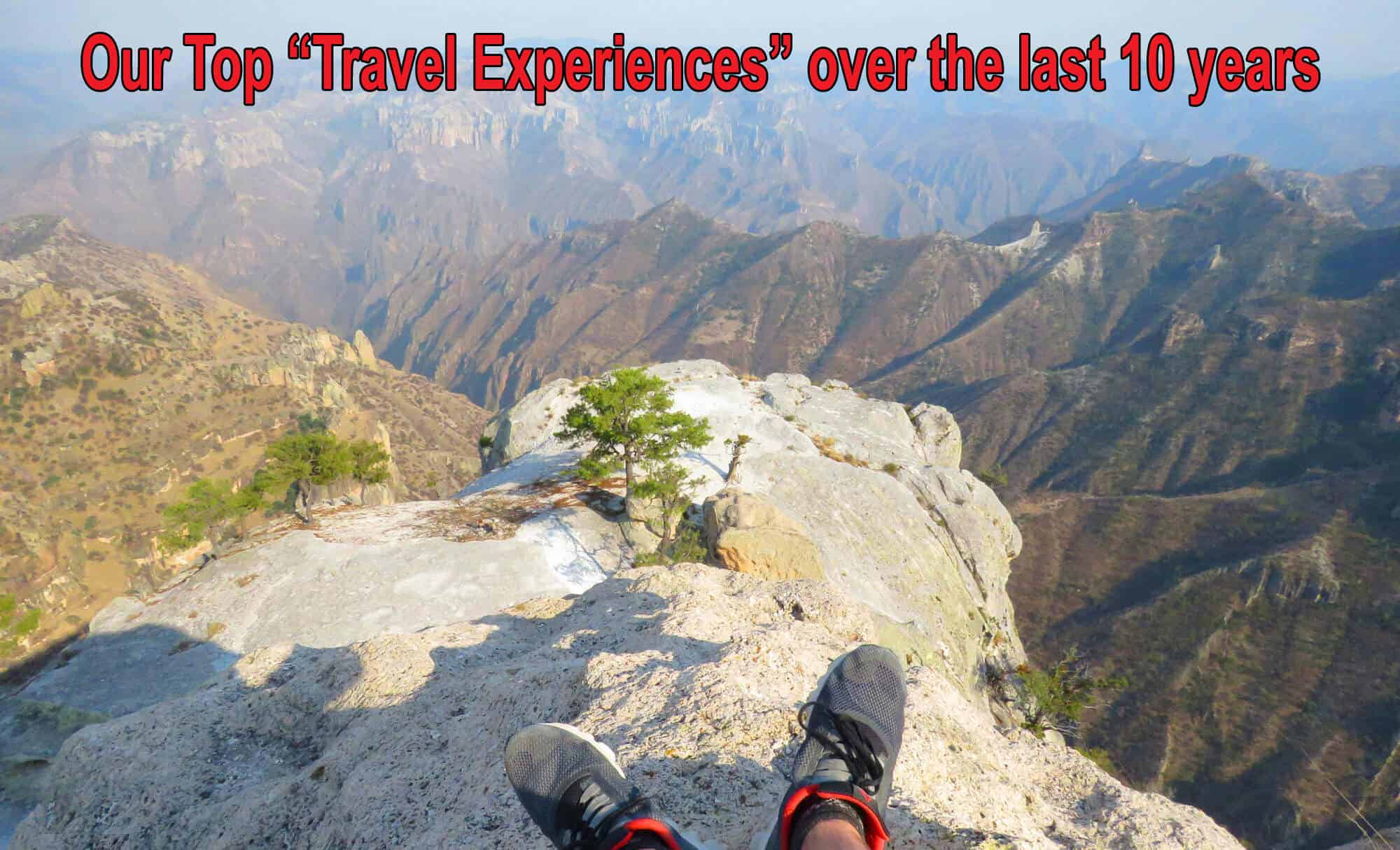
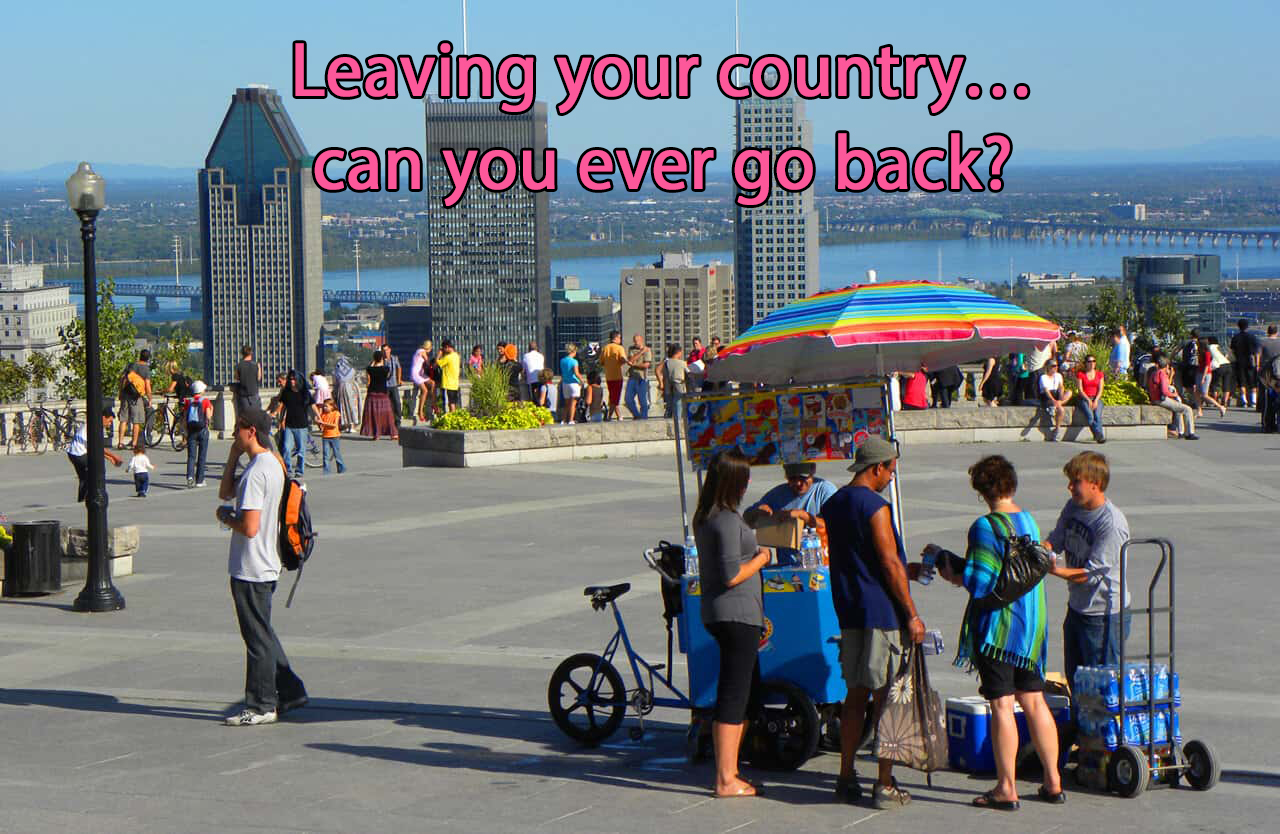
Great post! We’ve been slomads a little over two years. Much of what you write really resonates. Kim